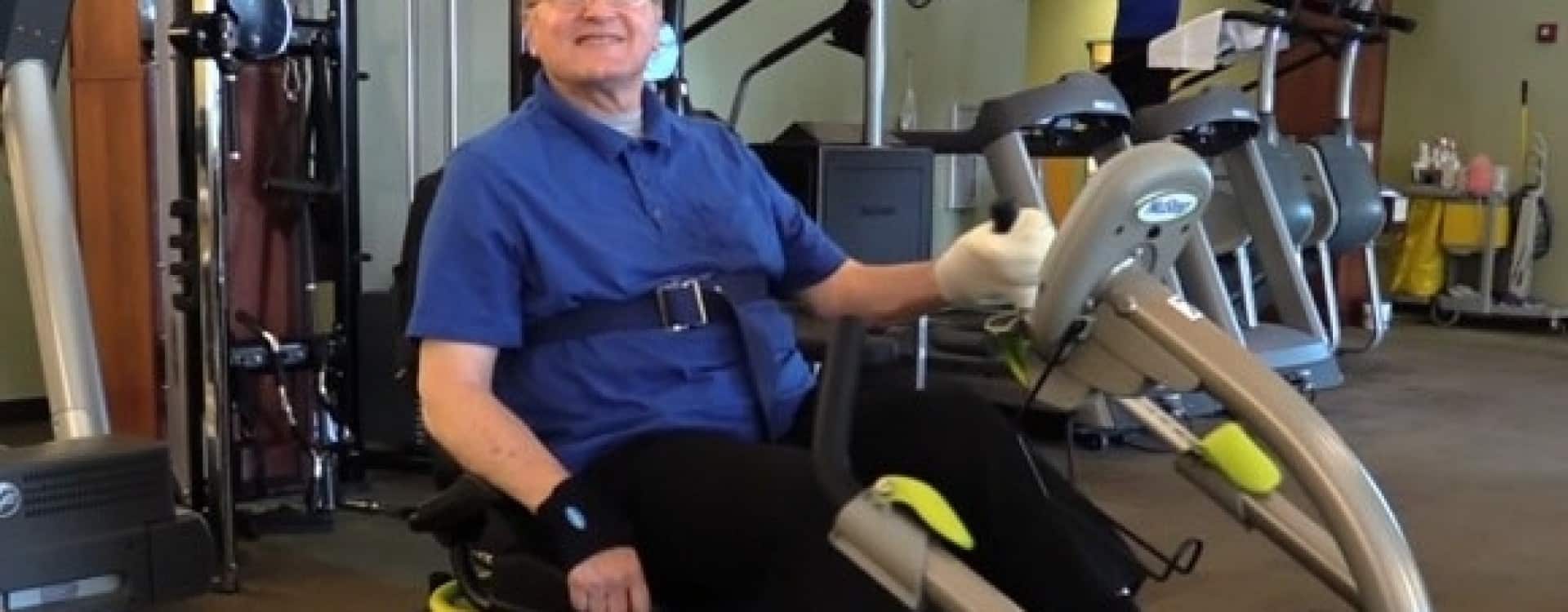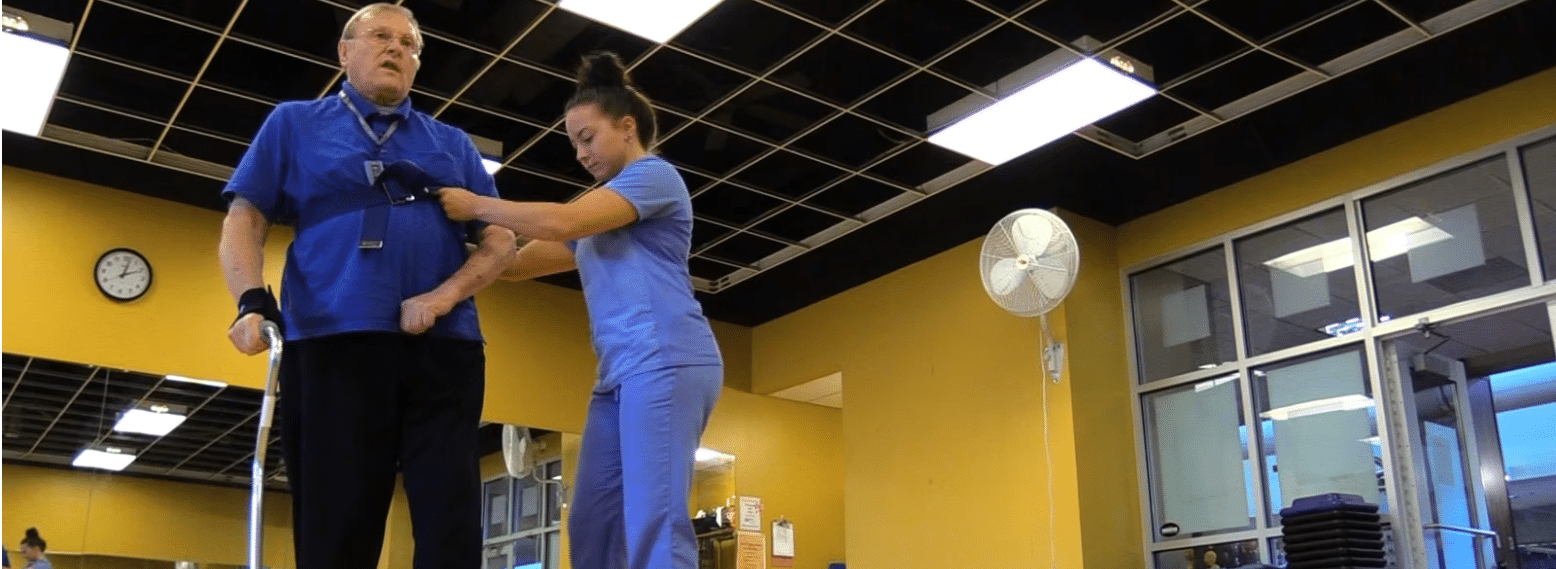Every 40 seconds, someone in the U.S. suffers a stroke, some of which prove fatal. High blood pressure, heart problems, smoking and being overweight are all contributing factors. But stroke can also strike healthy adults and children. Even family members aren’t immune to its effects.
In partnership with the Nebraska State Stroke Association, there is support and guidance available to those who need it. And one stroke survivor says there is hope in the healing process.
With every step he takes, Keith Fickenscher is moving toward his goal. “Just trying to get some more strength and more ability to move about,” said Keith.
A nursing home administrator and civic-minded individual, Keith was independent prior to June 11, 2012. That’s when he woke up to a stroke. “I was absolutely thunderstruck. It snuck up on me in the middle of the night,” said Keith.
Keith had no family history or warning signs of the disease. And he’s not alone. Each year nearly 800,000 healthy people suffer a stroke—both adults and kids. Like 12-year-old Celia Faith. But the disease affects more than just survivors. “And as he’s said time and time again, ‘I had a stroke.’ And I remind him that no, we’ve had a stroke because it does affect the family,” said Gail Fickenscher.
A registered nurse, Gail Fickenscher says caregivers of stroke survivors need to take time for themselves. For her, that time is spent exercising and working. “It gives me a chance to get out caring for other individuals,” said Gail.
As for Keith and Celia, both turned to Madonna Rehabilitation Hospitals for recovery. “Seeing myself in the mirror walking with the lokomat strapped on. I was overwhelmed with emotion because I didn’t think I would ever see that again,” said Keith.
Through setbacks and triumphs, overall, Keith says the experience has made him a better person. His goal is to one day soon walk independently but more importantly encourage stroke survivors to never lose hope. “You make up things in your mind the worst case scenario. But if you work hard you can get through those. And you don’t have to accept what society thinks are your limitations. You can blow through them and do things you never thought were possible before the stroke,” said Keith.
Click here to learn more about Madonna’s stroke rehabilitation program






